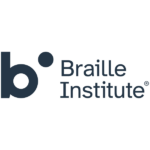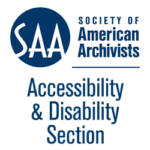Reimagining Access: Inclusive Technology Design for Archives and Special Collections

Introduction
The ArtCenter Library, Interaction Design Department, and Designmatters hosted a symposium exploring how designers can work with people with disabilities to improve the user experience and accessibility of digital archives. The event was held in conjunction with a studio class exploring ways to make digital archives more accessible.
The symposium featured sessions on the current challenges of access to archives, industry design practices and initiatives, and emerging directions. Speakers included designers, archivists, librarians, and disability advocates.
The symposium is part of a grant-funded project from the Institute of Museum and Library Services.
Videos
Reimagining Access Symposium - Part 2: Society of American Archivists Accessibility and Disability Section presentation
Reimagining Access Symposium - Part 3: The Human Experience panel with Michele Ganz, Jeffrey Swada, and Sara White
Reimagining Access Symposium - Part 4: Presentations by Elizabeth Guffey and Jasmine Clark
Reimagining Access Symposium - Part 5: Presentations by Crystal Lee and Sara Hendren
Podcast Content
Speakers
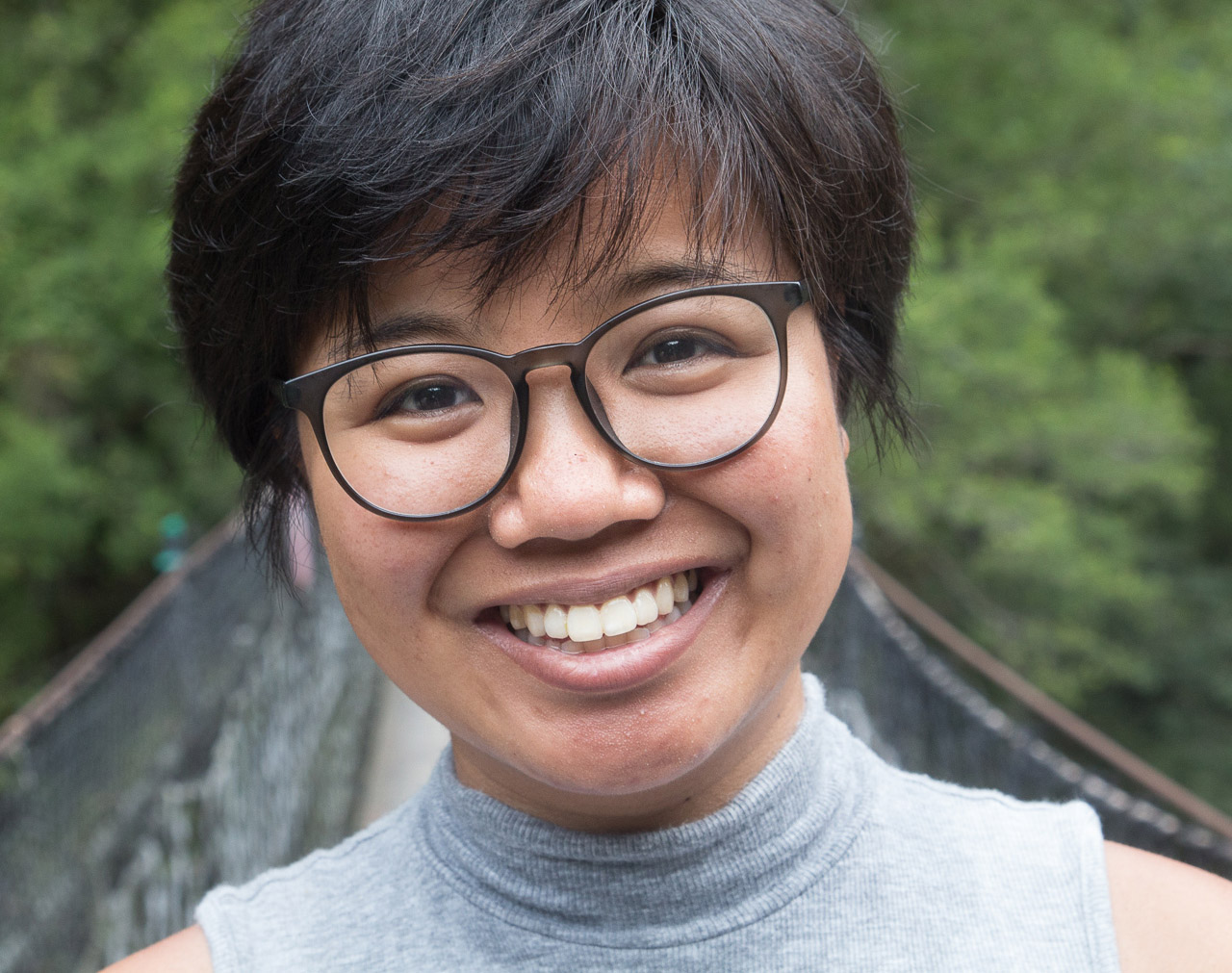 close
close
Crystal Lee
Read morePhD candidate at Massachusetts Institute of Technology
Crystal Lee is a PhD candidate at MIT and a Fellow at the Berkman Klein Center at Harvard University. She studies the political and social implications of data visualization. Her work shows how mapping data is an embodied practice that encodes arguments about gender, ability, and modernity in the user interface.
photo credit: Stephan Risi
 close
close
Elizabeth Guffey
Read moreProfessor of Art and Design History and head of the MA Program in Art History at the State University of New York, Purchase College
Elizabeth Guffey is Professor of Art and Design History and head of the MA Program in Art History at the State University of New York, Purchase College. She is the author of Retro: The Culture of Revival (Reaktion, 2006) and Posters: A Global History (Reaktion, 2015). She is also co-editor of Making Disability Modern (with Bess Williamson, Bloomsbury, 2020), and author of Designing Disability (Bloomsbury, 2018). She is also the Founding Editor of the peer-review journal Design and Culture (Routledge). Her scholarly work has appeared in a variety of venues, including Design and Culture, Design Issues, and the Journal of Visual Culture. As part of her efforts to bring design and disability studies to broad publics, she has also authored essays in a number of range of publications, including The New York Times and The Nation.
photo credit: Matt Ferranto
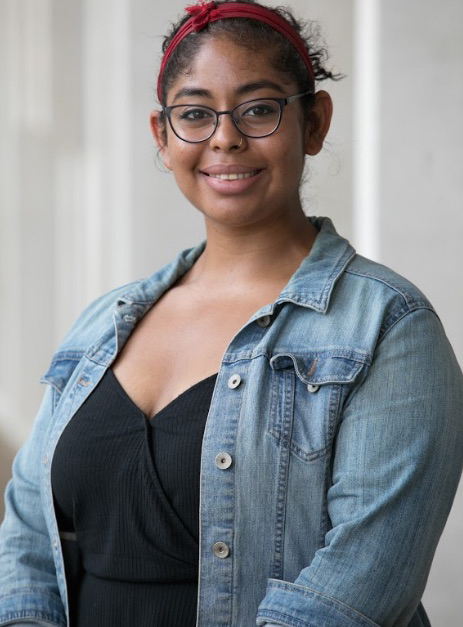 close
close
Jasmine Clark
Read moreDigital scholarship librarian, Temple University
Jasmine Clark is the Digital Scholarship Librarian at Temple University. Her primary areas of research are accessibility and metadata in emerging technology and emerging technology centers. Currently, she is co-leading The Virtual Blockson, a project to recreate and gamify the Charles L. Blockson Afro-American Collection in virtual reality, while also doing research in 3D metadata and the development of Section 508 compliant guidelines for virtual reality experiences. She is also the chair of the DLF Digital Accessibility Working Group, as well as a Co-Chair of the DLF Committee for Equity and Inclusion.
photo credit: Temple University
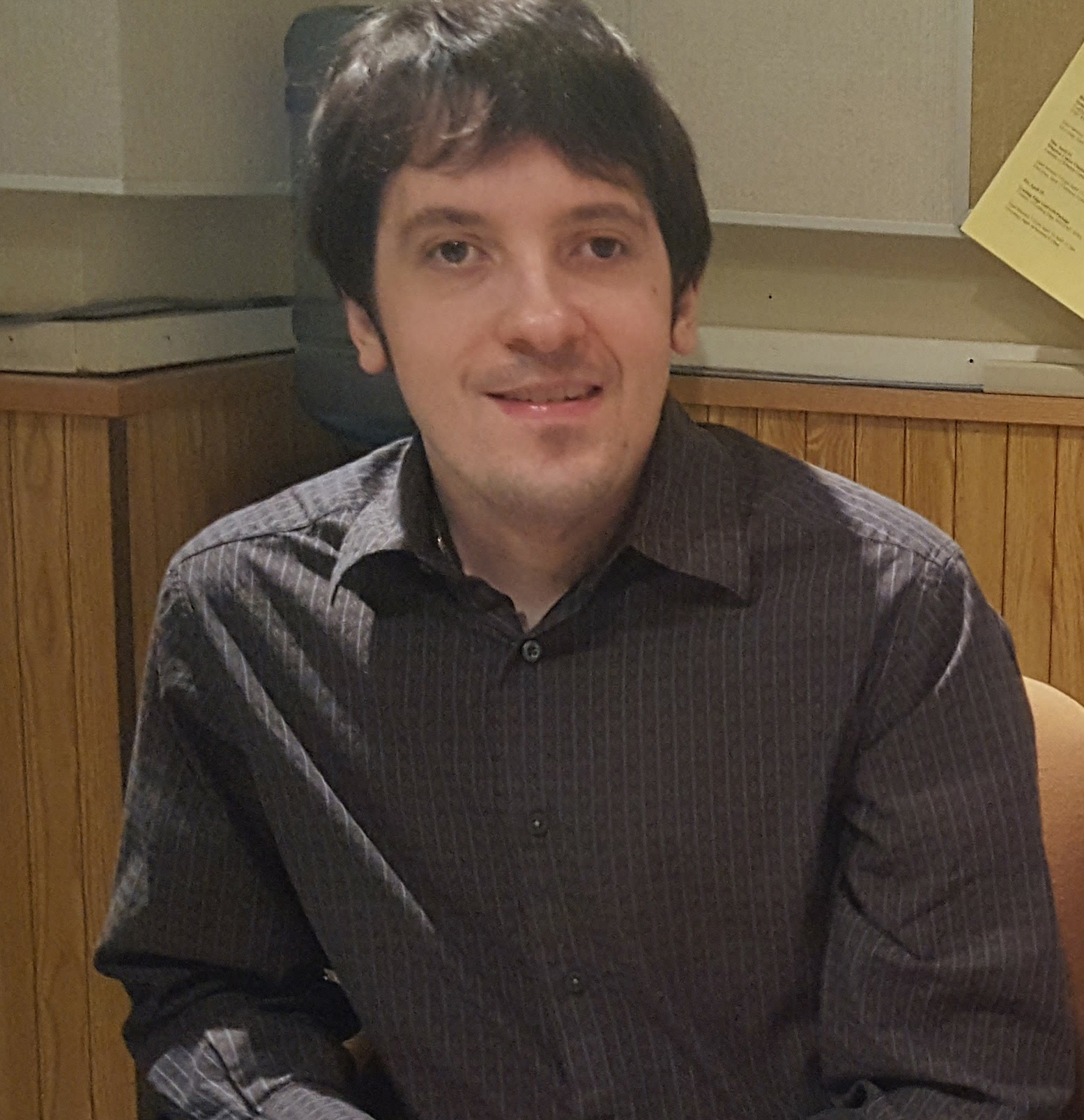 close
close
Dr. Jeffrey Swada
Read moreDirector of the Undergraduate Food Science Program and the liaison to the Resource Center for Persons with Disabilities within the College of Agriculture and Natural Resources at Michigan State University
Dr. Jeffrey Swada is the Director of the Undergraduate Food Science Program and the liaison to the Resource Center for Persons with Disabilities within the College of Agriculture and Natural Resources at Michigan State University. As a member of the Accommodating Technology Committee, he works closely with the university to test technological platforms for accessibility issues before they are launched across campus. Being legally blind, he has a first-hand perspective on using assistive technology to access physical and digital materials. He lost his vision when he was a child, giving him a unique perspective of viewing the world with and without “normal” vision. As a self-advocate, he values the opportunity to share his experiences and promote accessibility awareness especially in a scientific realm.
photo credit: Lydia Tang
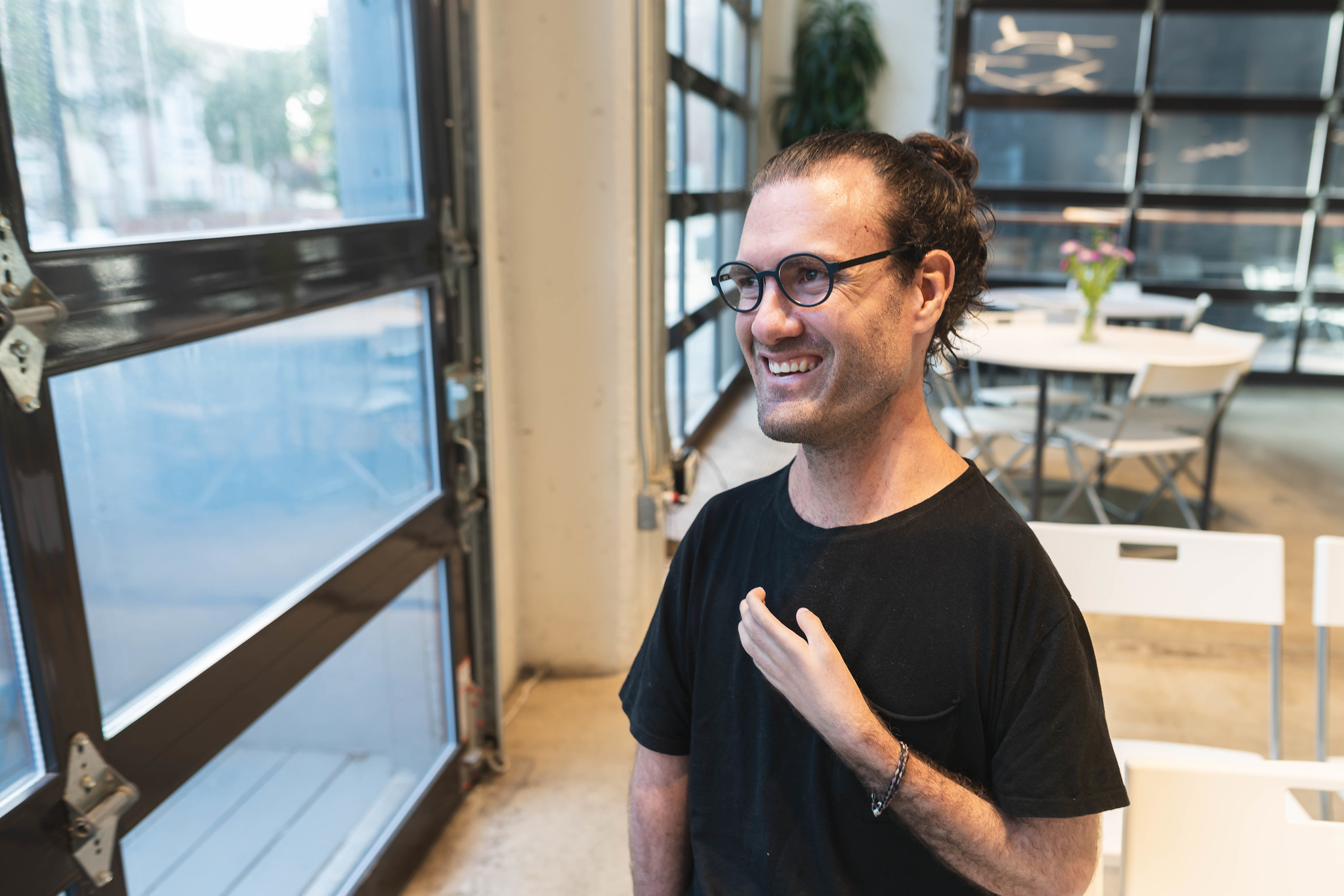 close
close
Josh Halstead
Read moreAssistant professor, ArtCenter College of Design
Josh Halstead is a Senior Designer who translates business strategy into clear-cut branding, marketing, and design that awakes overlooked universal insight through material and emotional resonance. Drawing on experience from top-to-bottom across B2B and B2C industries—with clients ranging from juggernauts to start-ups—he understands what drives decisions and crafts bespoke systems that claim markets, unite stakeholders, and deepen customer relationships. Josh has created magnetic experiences that spur action and cement equity for clients in the technology, financial services, consumer electronics, professional services, energy, and nonprofit sectors.
He holds a BFA from Art Center College of Design and teaches graphic and user experience design at UC Berkeley Extension and CCA Extension. Josh is a published writer on the creative process, lectures on the economic and social value of rebranding disability through design, and is pursuing an MA in Disability Studies at CUNY.
photo credit: Ben Conde
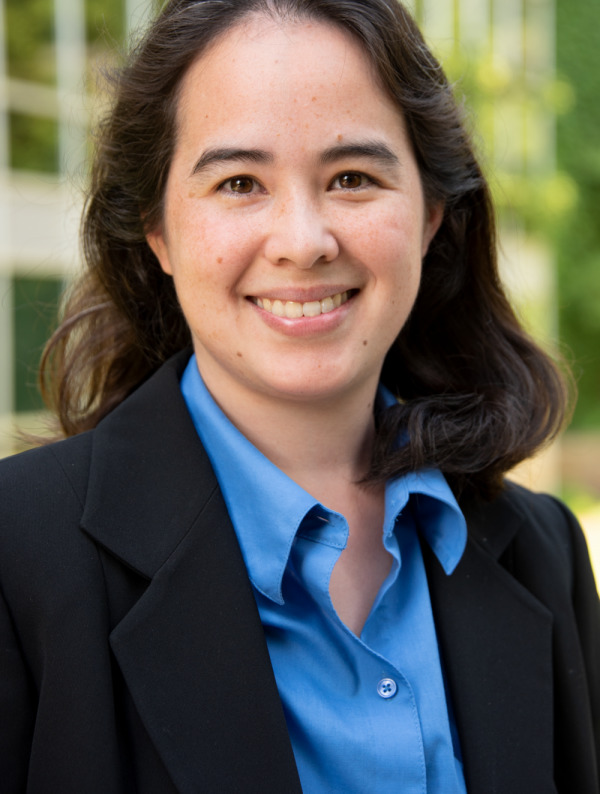 close
close
Dr. Lydia Tang
Read moreArchivist of the Stephen O. Murray and Keelung Hong Special Collections at Michigan State University
A knowledgeable and versatile archivist working at Michigan State University Libraries' Stephen O. Murray and Keelong Hong Special Collections. Particular areas of expertise include music and performing arts archives, physical and digital accessibility, and intellectual property relating to archives. Experience supervising, mentoring, and supporting a diverse team of archival processing assistants. Society of American Archivists' Mark A. Greene Emerging Leader Award 2020 recipient.
photo credit: Shelby Kroske
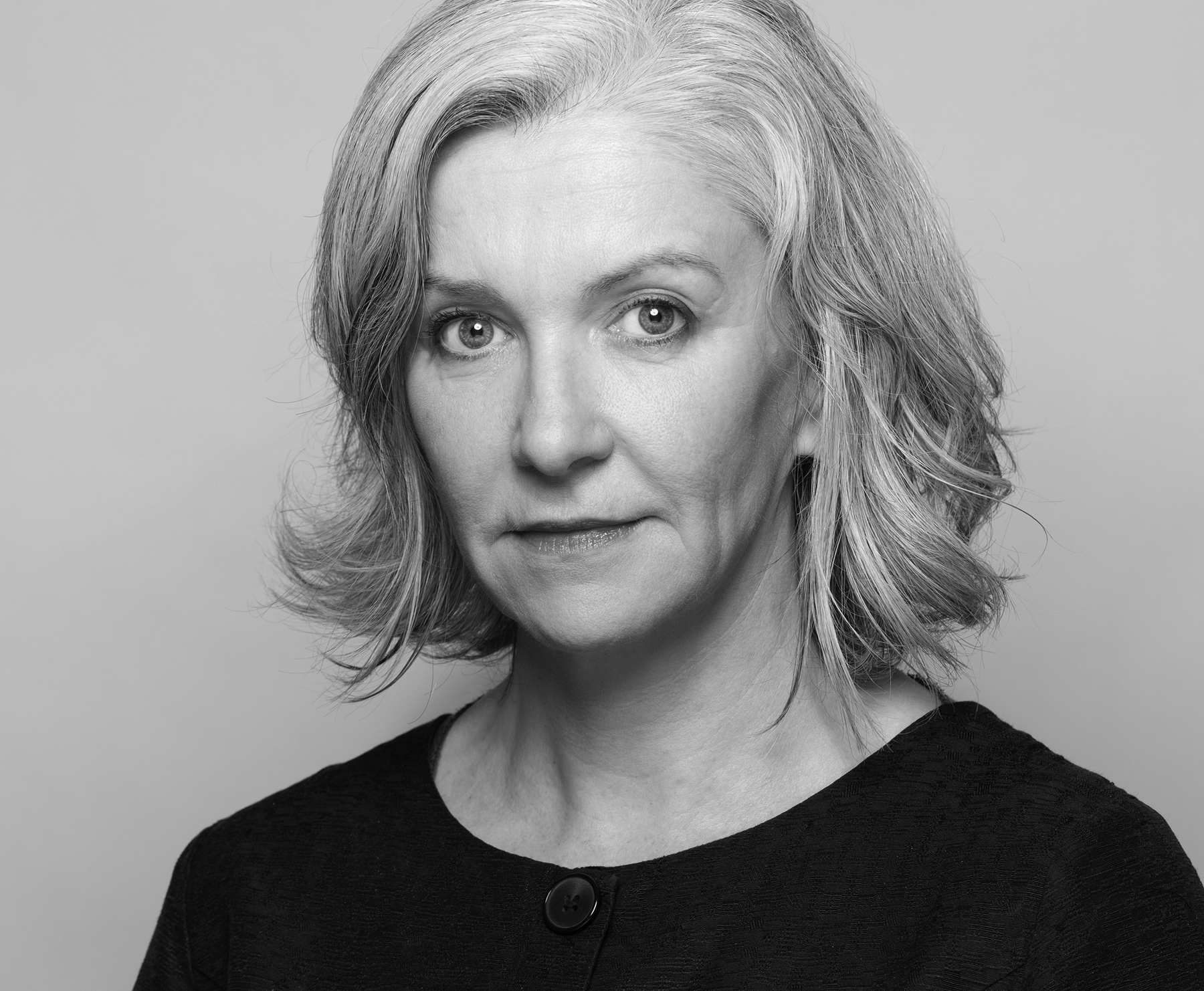 close
close
Maggie Hendrie
Read moreChair, Interaction Design and Graduate Media Design Practices, ArtCenter College of Design
Maggie Hendrie (Chair of Interaction Design and Graduate Media Design Practices, ArtCenter) is the co-project director for Reimagining Access: Inclusive Technology Design for Archives and Special Collections. Hendrie has more than 20 years of experience in new interactive product/service strategy, digital product design, project management, user-centered design, usability and user experience testing, strategy and organizational Planning. She previously held director positions within companies such as: Sony Pictures Entertainment, US; Whittman-Hart/MarchFIRST, Inc.; Caresoft Inc.; and Manifest Digital. In addition, Hendrie consults for numerous clients including Toyota, Kaiser and Accenture.
photo credit: Juan Posada
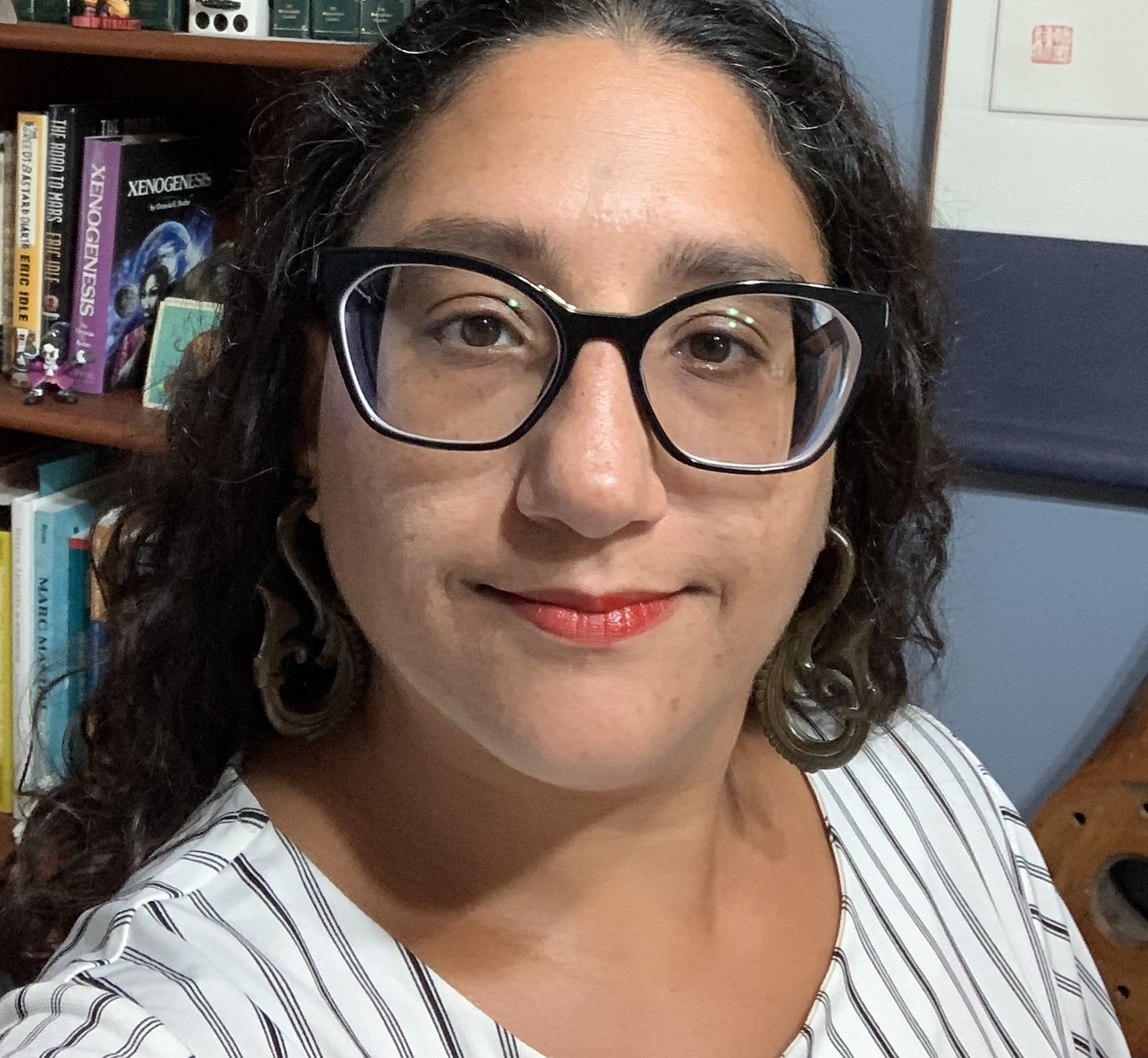 close
close
Michelle Ganz
Read moreArchivist at History Factory
Michelle is a mid-career archivist who has been active in the SAA since she was new to the field. She has been a mentor for over twelve years and served on a number of task forces, steering committees, and appointed positions. She adheres to a primary goal of providing opportunities for her peers to contribute and lead. She has piloted a number of Section-based programs including a webinar series and a leadership training model for the A&D Section. Her motto has always been: no archive is complete unless all voices are heard; DEI is all about recognizing that not everyone moves through the world like I do and the right thing to do is to allow people to move through the world in a way that works for them.
photo credit: Michelle Ganz
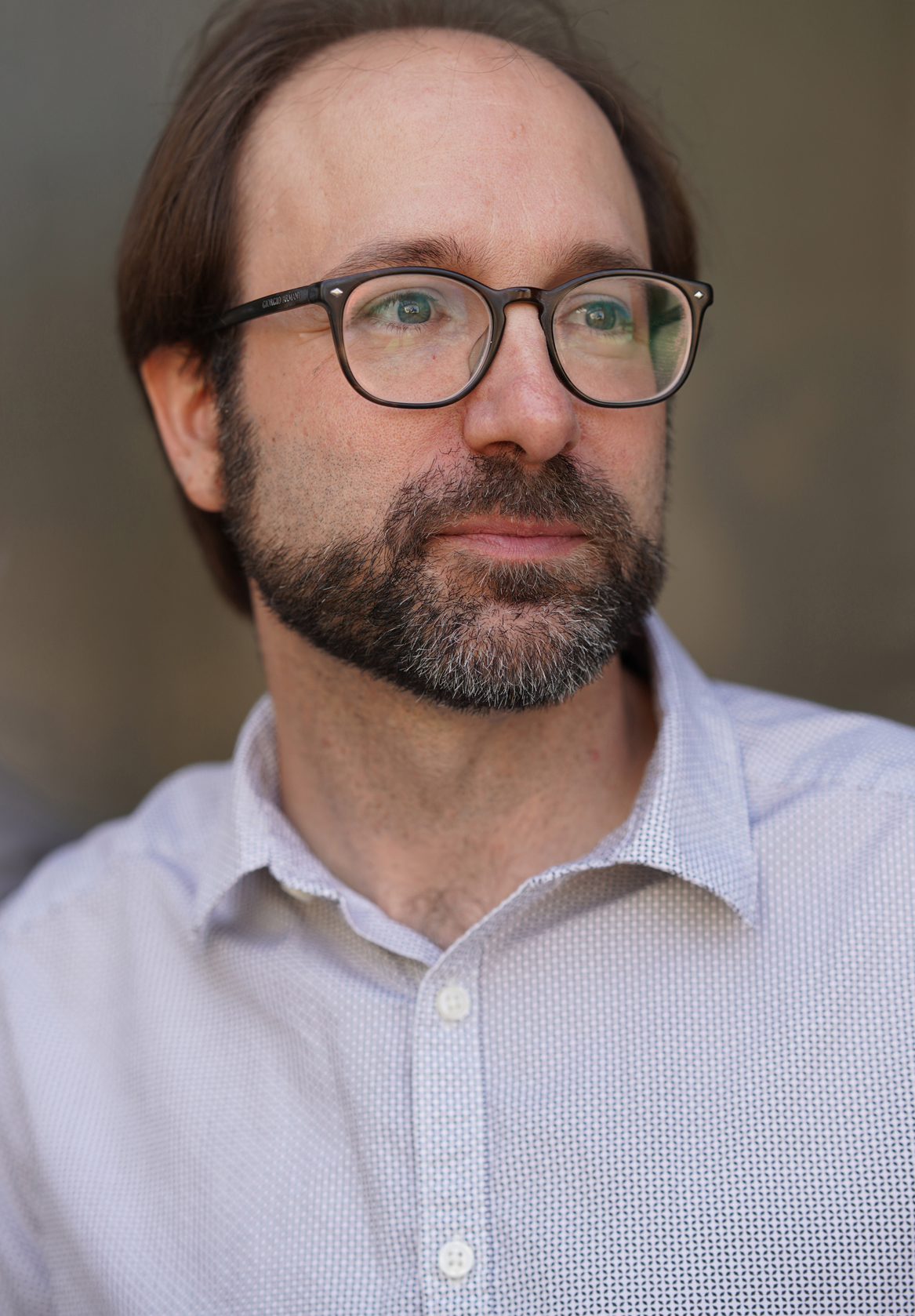 close
close
Robert Dirig
Read moreDirector, Archives and Special Collections, ArtCenter College of Design
Robert Dirig (Director of Archives and Special Collections, ArtCenter) is the co-project director for Reimagining Access: Inclusive Technology Design for Archives and Special Collections. Dirig manages the College’s institutional archives and special collections. He holds an MLIS from the University of California, Los Angeles and is a member of the Society of American Archivists. He has been project director for other grant projects, including an IMLS project Future Pasts, exploring the collaboration between archivists and designers, and the NEH-funded American Innovation: Preserving and Providing Access to 80 Years of Industrial Design History, which piloted methods for digital preservation and access with the goal of improving access to industrial design collections.
photo credit: Gail Howland
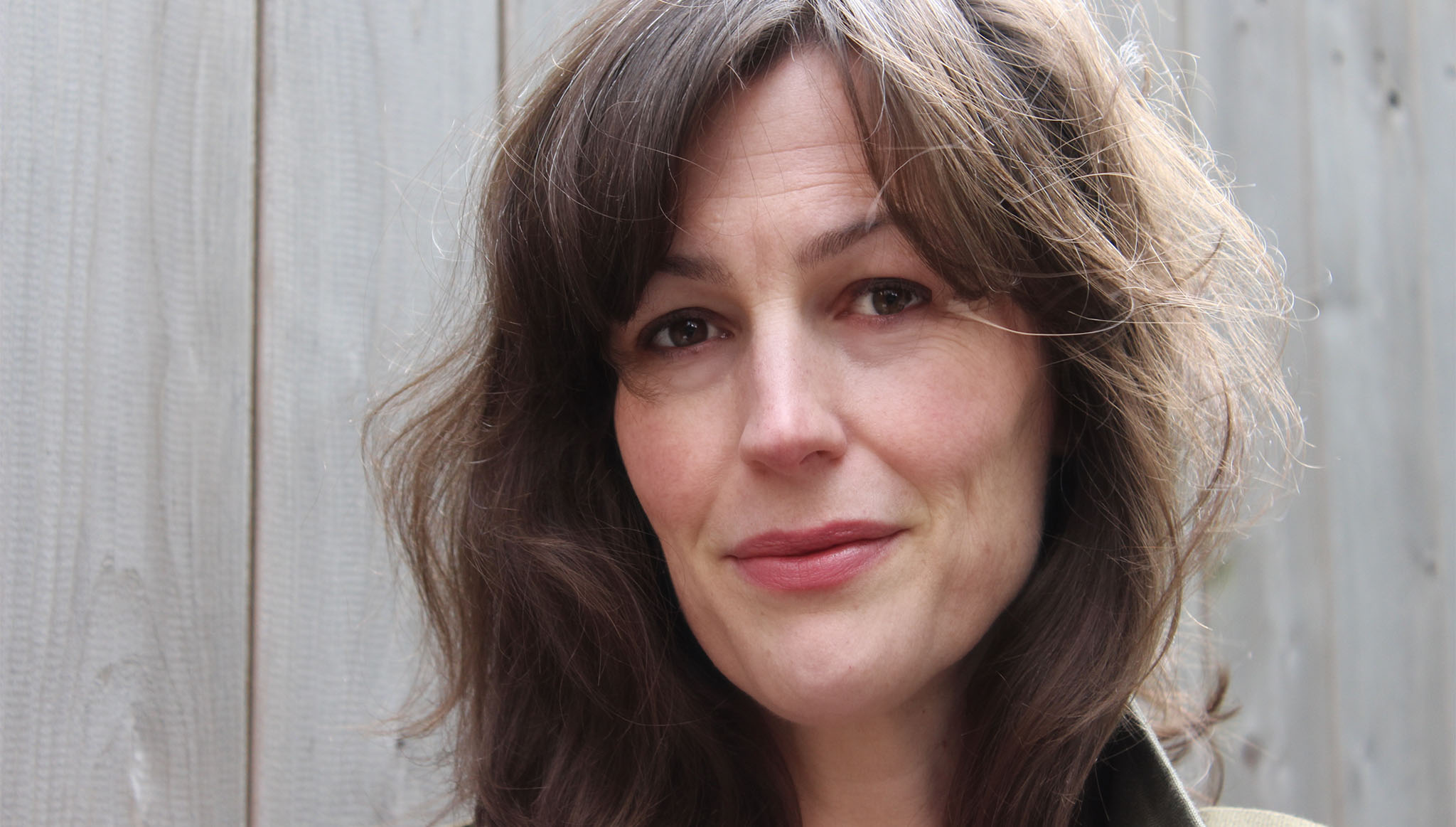 close
close
Sara Hendren
Read moreArtist, design researcher, writer and professor at Olin College of Engineering
Sara Hendren is a humanist in tech—an artist, design researcher, writer, and professor at Olin College of Engineering outside Boston. Her book What Can A Body Do? How We Meet the Built World explores the unexpected places where disability is at the heart of everyday design, and uncovers the lessons available in all the ways our bodies connect with the material world: household objects, architecture, urban planning, and more. Her work has been widely exhibited in museum exhibitions and is held in the permanent collections at MoMA and the Cooper Hewitt, and her writing and design work have been featured on NPR, Fast Company, and in the New York Times. She is a former fellow at the New America think tank and the Carey Institute for Global Good. She lives in Boston with her family.
photo credit: Freddie Hendren Funck
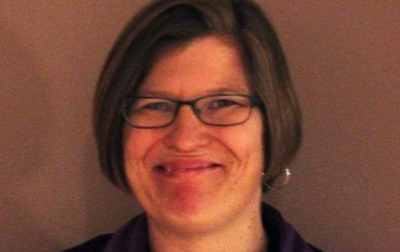 close
close
Sara White
Read moreDisability rights activist and archivist
Sara White co-chaired the 2018-2019 SAA Task Force to Revise Best Practices on Accessibility. In February 2019, SAA approved the revised Guidelines for Accessible Archives for People with Disabilities. The Task Force also stimulated the establishment of the SAA Accessibility and Disability Section, which she served on the steering committee. An active SAA member since graduate school, she earned her MA in library and information studies with an archives concentration from the University of Wisconsin, Madison and BA in history from the University of Colorado, Colorado Springs.
About the Symposium
The event is made possible by a National Leadership Grant from the Institute of Museum and Library Services (IMLS) awarded to ArtCenter College of Design in 2020. ArtCenter’s winning project, Reimagining Access: Inclusive Technology Design for Archives and Special Collections , is a joint undertaking between the ArtCenter Library and the Interaction Design Department. Robert Dirig, director, Archives and Special Collections, is the project director, and Maggie Hendrie, chair of ArtCenter’s Interaction Design and Graduate Media Design Practices programs, is the co-principal investigator. The program has been developed in collaboration with Jennifer May, executive director of ArtCenter’s Designmatters, and the connected ArtCenter studio class taught by Associate Professors Elise Co and Todd Masilko with Assistant Professor Josh Halstead.
For more information and resources, please visit our dedicated library resource page. https://artcenter.libguides.com/c.php?g=1110850&p=8098643
About the Organizers
About ArtCenter College of Design:
Founded in 1930 and located in Pasadena, California, ArtCenter College of Design is a global leader in art and design education. ArtCenter offers 11 undergraduate and seven graduate degrees in a wide variety of industrial design disciplines as well as visual and applied arts. In addition to its top-ranked academic programs, the College also serves members of the Greater Los Angeles region through a highly regarded series of year-round educational programs for all ages and levels of experience. Renowned for both its ties to industry and its social impact initiatives, ArtCenter is the first design school to receive the United Nations’ Non-Governmental Organization (NGO) status. Throughout the College’s long and storied history, ArtCenter alumni have had a profound impact on popular culture, the way we live and important issues in our society.
About the IMLS:
The Institute of Museum and Library Services is the primary source of federal support for the nation’s libraries and museums. The IMLS advances, supports and empowers America’s museums, libraries and related organizations through grantmaking, research and policy development. The IMLS vision is a nation where museums and libraries work together to transform the lives of individuals and communities. To learn more, visit www.imls.gov and follow on Facebook and Twitter.
Presentations and Resources
-
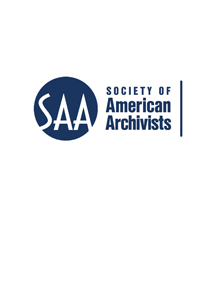
-
Society of American Archivists Guidelines for Accessible Archives for People with Disabilities
Download PDF -
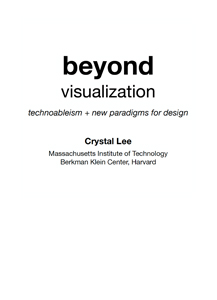
-
Beyond Visualization - Technoableism and New Paradigms for Design
Download PDF -
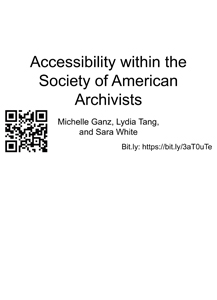
-
Accessibility within the Society of American Archivists
Download PDF


